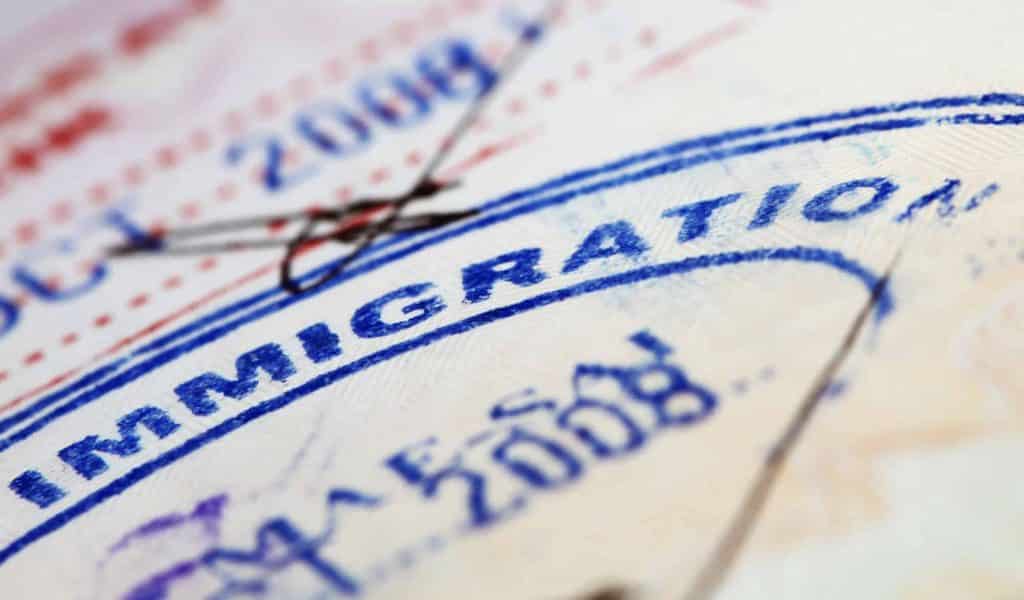It’s a Friday evening, and you have just left a party after hours of laughter and one too many drinks. As you drive home with happy memories of the gathering, you see lights flashing in your rearview mirror, and that’s when you notice how you have messed up big time. You get pulled over by law enforcement officers for a suspected DWI (Driving While Intoxicated), and you are arrested. Well, this is no imaginary scenario because DWI can happen to anyone, and it’s a moment that can change your life forever. Wake County, NC DWI bail bonds can help you get out of jail before your trial but until then, you need to stay on the right lane (speaking metaphorically)!
The consequences of a DWI conviction can be severe, including license suspension, fines, and even imprisonment. If you want to avoid any of these consequences, and you don’t want to get into any more trouble than you are already in, here are some common mistakes you need to avoid after a DWI arrest.
Failing to Understand the Legal Implications
Each state has its own set of laws and penalties for DWI offenses, and these can vary widely. Ignorance of the law is not a valid defense, so it is crucial to consult with an experienced DWI attorney who can explain the specific consequences you may face based on your circumstances.
Talking to the Police Without Legal Counsel
After a DWI arrest, you have the right to remain silent and consult an attorney. It’s essential to exercise this right and avoid making statements that could be used against you in court. Anything you say can and will be used against you, so it’s best to wait until you have legal counsel present before providing any information to the police.
Neglecting to Request a DMV Hearing
In many states, DWI arrests trigger a separate administrative process through the Department of Motor Vehicles (DMV). Failing to request a DMV hearing within the specified time frame can result in an automatic driver’s license suspension. Understand and adhere to the deadlines associated with this administrative procedure to protect your driving privileges.
Neglecting the Consequences of a Conviction
Many people underestimate the long-term consequences of a DWI conviction. Beyond fines and potential jail time, a DWI conviction can result in increased insurance premiums, limited job opportunities, and difficulties obtaining loans or housing, which is why it’s imperative to get out of jail as soon as you can with bail bonds.
The Bottom Line
Facing a DWI arrest can be a daunting and life-altering experience. The key is not panicking when things are already going south after your DWI disaster. Whether you have been arrested for a DUI/DWI case, or the charges have escalated as you were charged with possession of drugs, try to remain calm, call your emergency contact or someone who can help, and reach out to a DWI bail bonds company as soon as possible to help you secure your release.
Searching for a Wake County, NC, DWI Bail bonds service? Contact the licensed bail bond agents at Amistad Bail and Immigration Bonds today!











